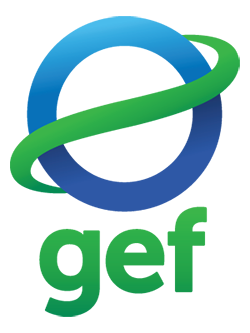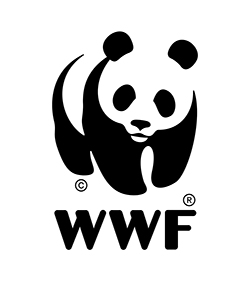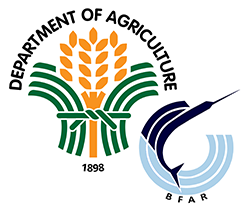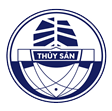About the Project
The project 'Blue Horizon: Ocean Relief through Seaweed Aquaculture' will work regionally in Southeast Asia, as well as in Philippines and Viet Nam specifically, to develop seaweed value chains that deliver ecosystem services and socio-economic benefits. Ecosystem services include the assimilation of excess nutrients from coastal waters, which mitigates ocean eutrophication and acidification and improves habitat for marine life.
Seaweed also captures carbon, which reduces ocean acidity and allows for greater capacity of the ocean to slow the rate of climate change. Downstream of the farming segment of the value chain, additional environmental benefits will be derived from the manufacture of seaweed-based products that are biodegradable, such as bioplastics, and other low-energy product substitutes (such as seaweed-based animal feed). Social and economic benefits include the diversification of livelihood options, improved household and community revenues, and opportunities for equitable participation of women and men in the improved or new livelihood opportunities along the value chain.
Seaweed farming provides livelihood resilience for communities, ecosystem services for biodiversity enhancement and generates revenues for emerging countries in order to alleviate poverty. Seaweed can be integrated into multi trophic systems which can strengthen economic resilience of coastal communities, all while providing benefits that will stabilize and strengthen the health of the surrounding environment.
Seaweed Project Goal
The overarching goal of the Seaweed Project is to establish sustainable seaweed value chains that enhance ecosystem services and generate socioeconomic benefits for coastal communities, particularly those reliant on marine ecosystem for their livelihoods.
The Southeast Asian Fisheries Development Center (SEAFDEC) has entered into a Grant Agreement with WWF-US, as Global Environmental Facility (GEF) Agency, to implement the Project "Blue Horizon: Ocean Relief through Seaweed Aquaculture", hereafter referred to as "Seaweed Project" funded by the GEF and endorsed by the GEF CEO on 12 July 2022, runs from 1 May 2024 to 31 December 2028.
The Seaweed project is funded by the Global Environment Facility (GEF) and implemented by WWF-US. The project includes 3 Executing Agencies: the Southeast Asian Fisheries Development Center (SEAFDEC) is the regional Executing Agency and host of the Project Management Unit (PMU); and the Bureau of Fisheries and Aquatic Resources (BFAR) of the Philippines and the DFiS of Viet Nam as national Executing Agencies.
Project Components
Component 1: Regional approach and capacity forseaweed value chains in Southeast Asia
Under this component, the project will develop plans, tools, and trainings to build a supportive regional enabling environment for seaweed aquaculture. This will include development of a Regional Guide for Seaweed Aquaculture in the Region, to be adopted by the SEAFDEC Governing Council, principles for seaweed aquaculture that are adapted to the region and encompass operational, environmental, and consumer safety (adapted from global guidance from the Safe Seaweed Coalition), and trainings and capacity building to support both the plan and adoption of the standards. Such a regional approach will support the region's capacity to further expand, modernize and establish a strong influence in global seaweed value chains
Component 2: Enabling Environment for Seaweed Aquaculture in Philippines and Viet Nam
This involves creating an enabling environment for seaweed aquaculture at the national level. A governance framework comprising policy, regulatory and technical guidelines will be developed. The project will support processes to identify suitable areas for seaweed expansion, and to formulate and operationalize management plans specific to such areas, with accompanying plans and coordination mechanisms (national/regional/global) to support this component.
Component 3: Seaweed Value Chains (production, processing and marketing)
This Component requires working with organized producers (organized into associations or cooperatives) to pilot farms in areas farther than current sites (i.e. off-the-coast or off-shore) that will serve as proof of concept for seaweed production in these environments. It will seek to expand collaboration with the finance sector and private sector.
Component 4: Knowledge Management, M&E, and IW Learn (regional, facilitating information sharing and regional learning).
This involves knowledge sharing and monitoring and evaluation. The activities will be monitored and communicated through multiple channels. In this way the project will utilize and expand on current baseline activities in the seaweed industry in the Philippines and Viet Nam to promote the interests of seaweed farmers and their communities, and grow the global market for seaweed in a sustainable and responsible fashion.





